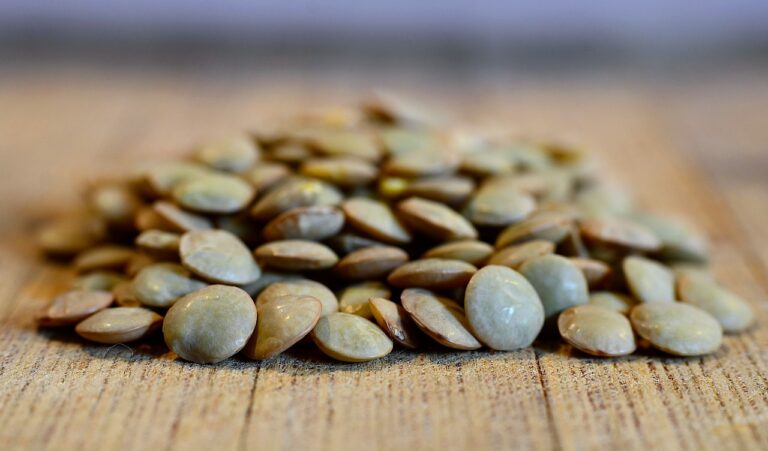The Role of Real-world Evidence in Marine Wildlife Health: Betbook250 com, Reddy anna book online, Playlotus365 com
betbook250 com, reddy anna book online, playlotus365 com: Real-world evidence plays a crucial role in understanding and protecting marine wildlife health. By analyzing data and observations from the natural environment, researchers can gain valuable insights into the health of marine species and the impacts of human activities on their well-being.
Monitoring Marine Wildlife Health
One of the primary uses of real-world evidence in marine wildlife health is to monitor the well-being of various species. Researchers collect data on population sizes, distribution patterns, reproductive success, and overall health indicators to assess the status of marine wildlife populations. By tracking these metrics over time, scientists can identify trends and potential threats to marine species.
Assessing the Impacts of Environmental Changes
Real-world evidence also helps researchers assess the impacts of environmental changes on marine wildlife health. With the rise of climate change, pollution, and habitat destruction, marine species are facing new challenges that can affect their survival. By studying changes in water temperature, ocean acidity, and food availability, scientists can predict how these factors may impact the health of marine wildlife populations.
Identifying Disease Outbreaks
In addition to monitoring overall population health, real-world evidence is essential for identifying disease outbreaks in marine wildlife. Just as in human populations, infectious diseases can spread quickly among marine species, leading to mass die-offs and population declines. By tracking health indicators and collecting samples for analysis, researchers can detect disease outbreaks early, allowing for targeted interventions to control the spread of illness.
Tracking Human Impacts
Of course, one of the most significant threats to marine wildlife health comes from human activities. Pollution, overfishing, habitat destruction, and climate change all pose serious risks to marine species. Real-world evidence helps researchers track these impacts, identify sources of pollution, and develop strategies to mitigate the harm caused by human activities.
Protecting Marine Wildlife
Ultimately, the goal of using real-world evidence in marine wildlife health is to protect these species and their habitats. By understanding the factors that influence population health, researchers can develop conservation strategies to safeguard marine wildlife for future generations. From creating marine protected areas to implementing regulations on fishing practices, real-world evidence is essential for guiding conservation efforts and ensuring the long-term survival of marine species.
Frequently Asked Questions
Q: How can I get involved in monitoring marine wildlife health?
A: Many organizations offer volunteer opportunities for monitoring marine wildlife health, such as beach cleanups, wildlife surveys, and citizen science projects. Contact local conservation groups or marine research institutes to learn how you can contribute to protecting marine wildlife.
Q: What are some common threats to marine wildlife health?
A: Common threats to marine wildlife health include pollution from plastics and chemicals, overfishing, habitat destruction, climate change, and disease outbreaks. By addressing these threats, we can help protect marine species and their habitats.
Q: How can individuals help protect marine wildlife?
A: Individuals can help protect marine wildlife by reducing their use of single-use plastics, supporting sustainable seafood practices, participating in beach cleanups, and advocating for policies that protect marine species and habitats. Every small action can make a difference in safeguarding marine wildlife health.
In conclusion, real-world evidence is a powerful tool for understanding and protecting marine wildlife health. By monitoring population health, assessing environmental impacts, identifying disease outbreaks, tracking human impacts, and developing conservation strategies, researchers can work towards ensuring the long-term health and survival of marine species. We all have a role to play in protecting marine wildlife, and by working together, we can make a real difference in safeguarding these important creatures for future generations.







